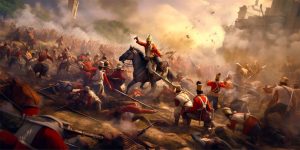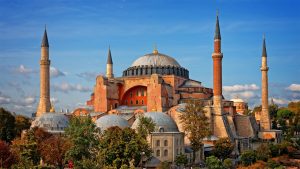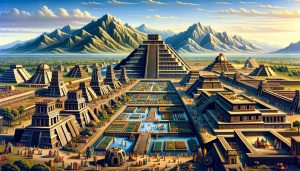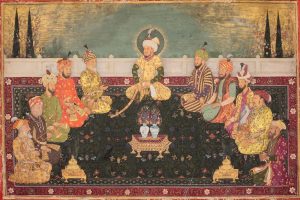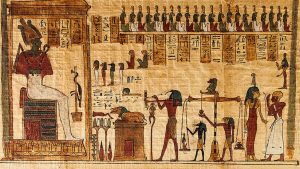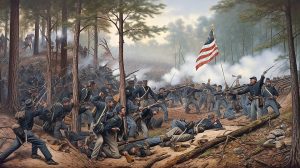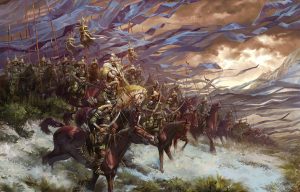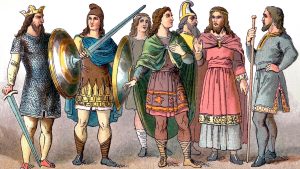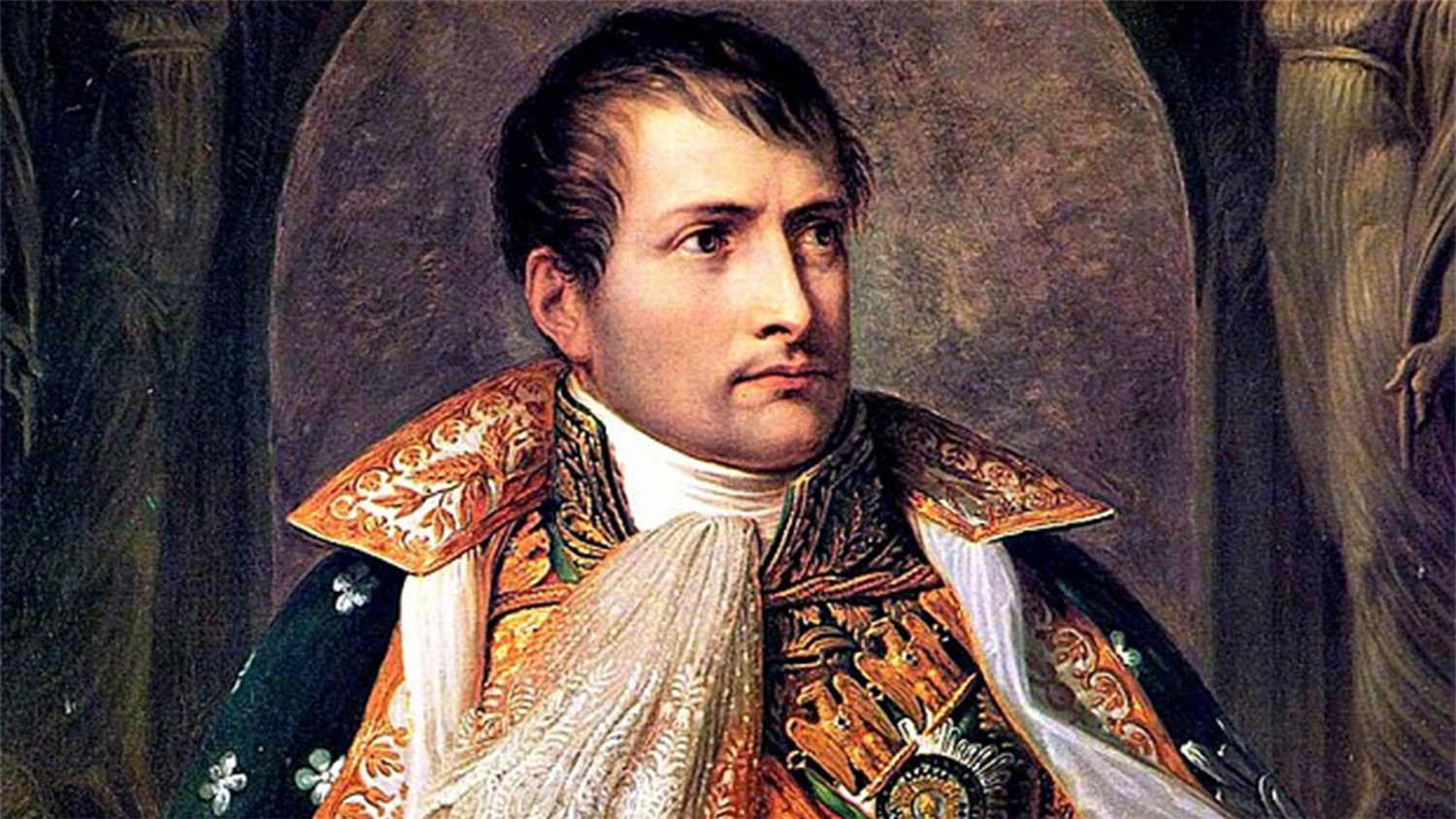
30 interesting facts about Napoleon Bonaparte’s Reign
- 👁️ 1268
Napoleon Bonaparte, a figure synonymous with ambition, military genius, and the quest for empire, left an indelible mark on world history. Rising from modest beginnings to become the Emperor of France, his reign from 1804 to 1815 was a period of profound change, not only for France but for all of Europe. Napoleon’s policies, battles, and the Napoleonic Code influenced the course of the continent and beyond, setting the stage for modern statehood, law, and warfare. His complex legacy is a mix of enlightened reform and conquest, and his impact is still studied and debated by historians today. Here are some interesting and informative facts about Napoleon Bonaparte’s reign, highlighting its significance and the far-reaching effects of his rule.
- Napoleon crowned himself Emperor of the French on December 2, 1804, in Notre Dame Cathedral, Paris, symbolizing his break from traditional monarchical power.
- The Napoleonic Code, established in 1804, reformed French law and served as a model for legal systems in many other countries.
- Napoleon’s sale of the Louisiana Territory to the United States in 1803, known as the Louisiana Purchase, doubled the size of the US.
- He established the Banque de France in 1800, which helped stabilize the French economy and is still the country’s central bank today.
- Napoleon’s Continental System, aimed at crippling Britain’s economy through a European trade embargo, inadvertently spurred British industrial innovation.
- The Battle of Trafalgar in 1805 was a major naval defeat for Napoleon, ensuring British naval supremacy and disrupting his plans for invading Britain.
- Napoleon’s invasion of Russia in 1812, marked by the disastrous retreat from Moscow, significantly weakened his army and led to his eventual downfall.
- The Peninsular War (1808-1814) in Spain drained French resources, inspired guerrilla warfare, and contributed to the rise of Spanish nationalism.
- Napoleon’s reforms included the introduction of the metric system, which standardized measurements in France and was later adopted globally.
- He established the Lycée system of secondary education to produce a well-educated citizenry and bureaucracy.
- Napoleon’s reign saw the rise of the modern meritocratic system, where individuals were appointed to positions based on ability rather than birth.
- The Concordat of 1801 with the Pope sought to reconcile the Catholic Church with the French state after the turmoil of the Revolution.
- He reorganized Europe’s political landscape by creating the Confederation of the Rhine, a union of German states minus Austria and Prussia.
- The Napoleonic Wars (1803-1815) involved every major European power and led to the development of total war concepts.
- Napoleon’s Hundred Days marked his return from exile on Elba in 1815 and ended with his defeat at the Battle of Waterloo.
- The creation of the Kingdom of Italy in 1805, with Napoleon as king, centralized the fragmented Italian states for the first time since the Middle Ages.
- The Berlin Decree of 1806 announced the Continental System, initiating a blockade against Britain that affected neutral ships and ports.
- Napoleon’s introduction of modern agriculture techniques in Egypt during the French campaign (1798-1801) left a lasting impact on Egyptian society.
- He was responsible for the construction of many monuments in Paris, including the Arc de Triomphe and the Rue de Rivoli.
- Napoleon reestablished slavery in French colonies in 1802, reversing the Revolutionary government’s abolition in 1794.
- The French Empire under Napoleon was one of the largest in history, at its peak encompassing much of continental Europe.
- Napoleon’s promotion of science and education included the establishment of the University of France in 1808 to oversee the educational system.
- His marriage to Marie Louise of Austria in 1810 was a political alliance that provided an heir, Napoleon II.
- The Legion of Honor, established in 1802, recognized military and civilian achievements for France.
- Napoleon’s exile to Saint Helena followed his defeat at Waterloo and was chosen for its remoteness to prevent another escape.
- His reformation of the German territories accelerated the process towards German unification.
- Napoleon’s support for the arts led to the looting of art across Europe, much of which was displayed in the Louvre.
- He was one of the first to use modern propaganda to control public opinion and promote his regime.
- The Guerilla warfare in Spain during the Peninsular War is considered one of the earliest widespread uses of such tactics.
- Napoleon’s final resting place is under the Dôme des Invalides in Paris, a site that has become a major tourist attraction.
Napoleon Bonaparte’s reign was a pivotal era in European history, characterized by sweeping reforms, ambitious conquests, and the spread of revolutionary ideals. While his quest for power led to conflict and suffering, his impact on law, governance, and society was transformative and enduring. The Napoleonic era reshaped the map of Europe, influencing the development of the modern state and laying the groundwork for future political and social changes. Despite the controversies surrounding his rule, Napoleon remains a figure of fascination, embodying the complexities of leadership and the perpetual tension between ambition and overreach.
